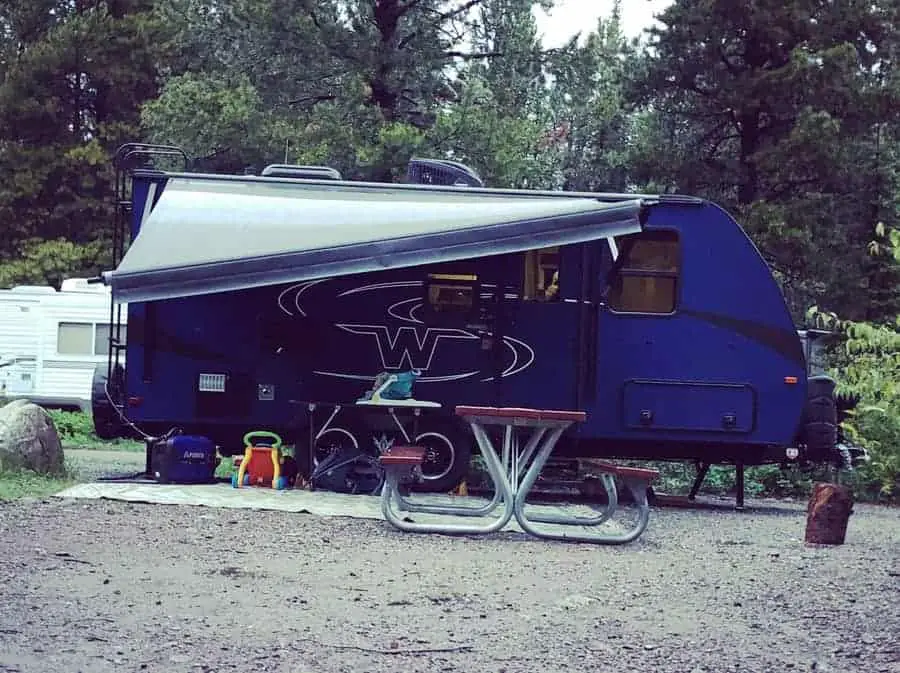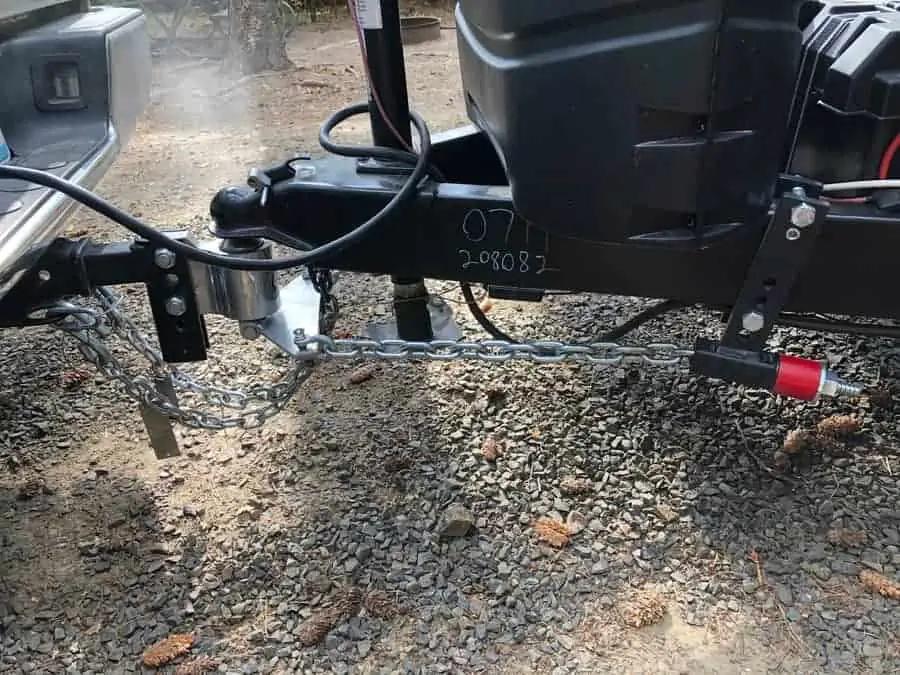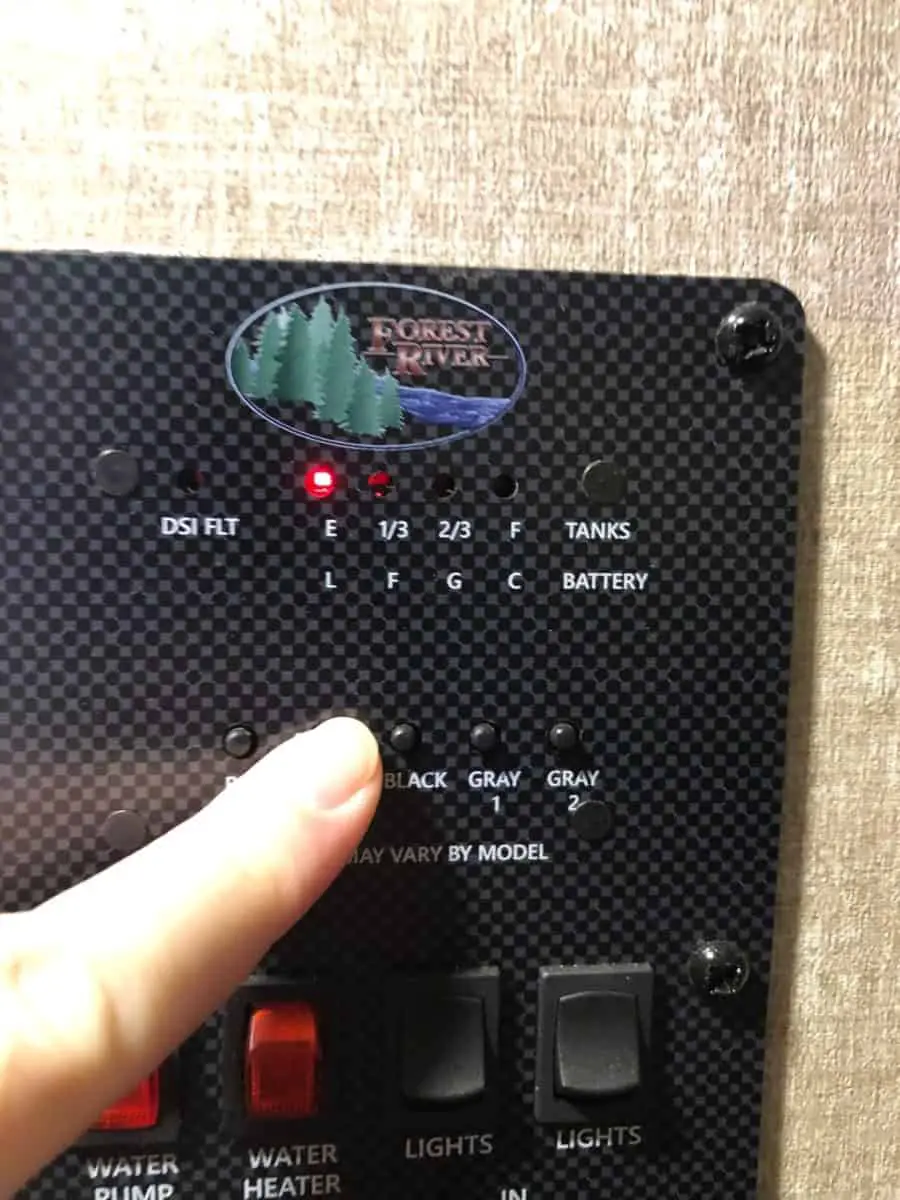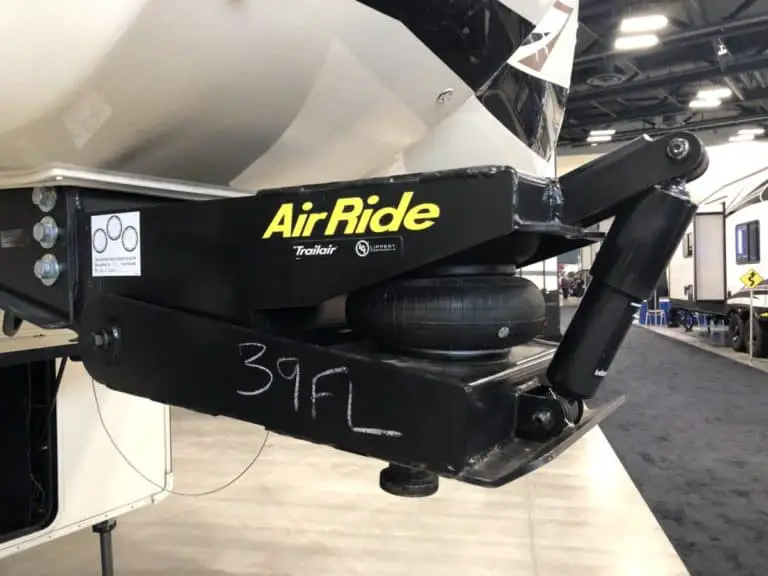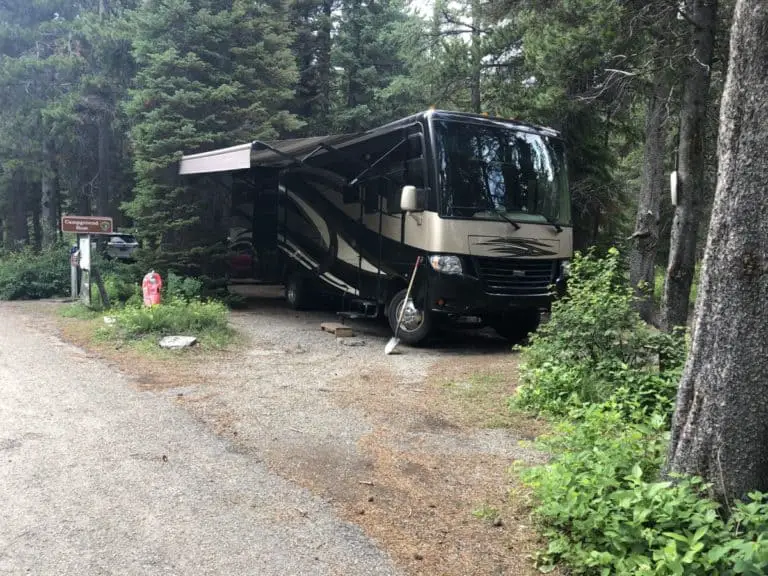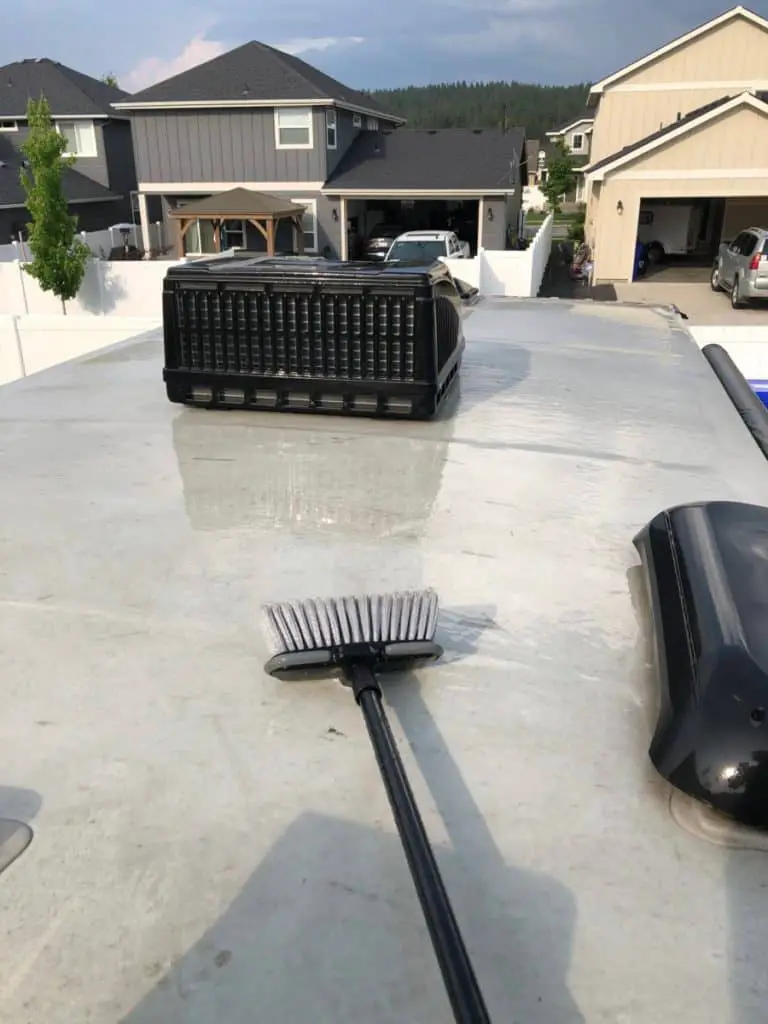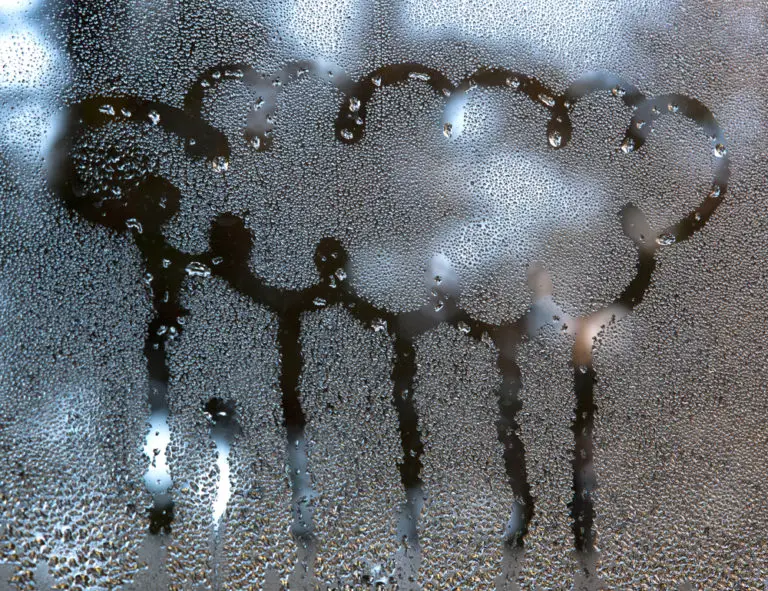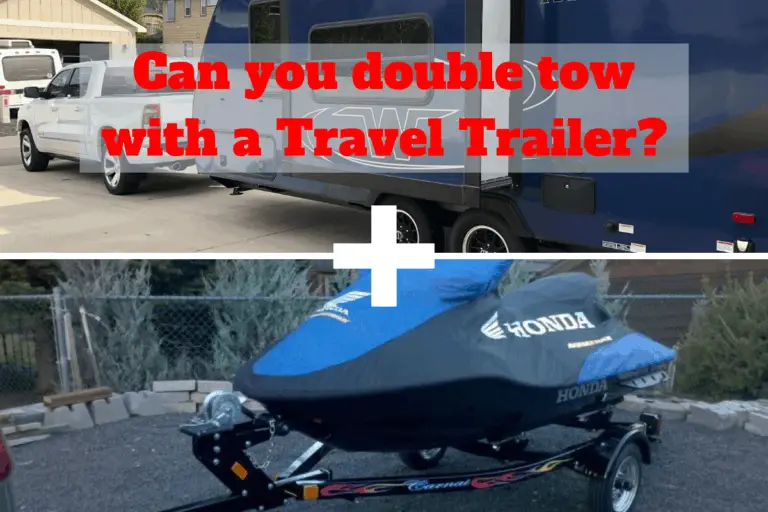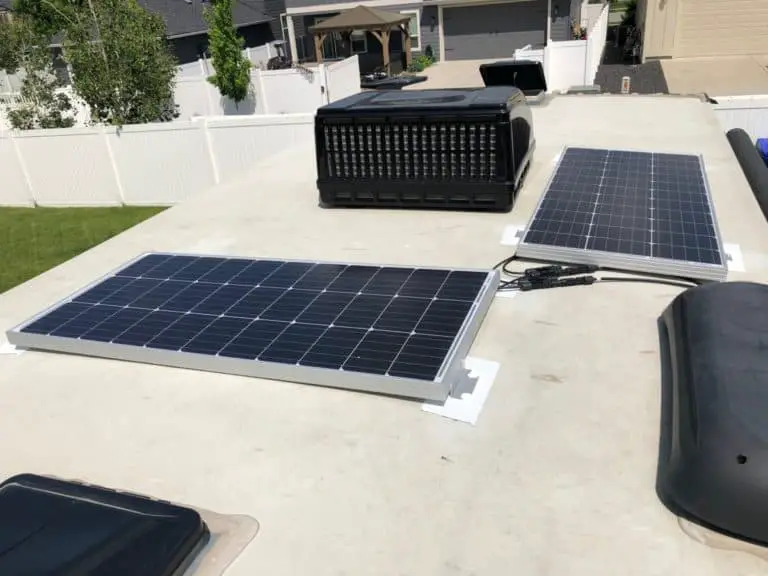How long does a Travel Trailer Last?
The inflated costs of hotels and B&Bs spread out over weeks, months, and years on end can take a serious toll on your traveling budget. Because we are on the road a lot, I did some research to determine whether a travel trailer would hold up to my lifestyle and make a good investment.
How long does a travel trailer last? The average life of a travel trailer is 12 years, but that they can reach 25 years with proper maintenance. The main item to keep watch of is water damage from the roof or sides. Sealing these every 6 months will keep your trailer lasting a long time. Bearings, axles, and brakes also will need upkeep.
If you are someone like our family who enjoys the adventure of the open road, meeting new people, staying in new places, and being in the hotspots when the seasons are ripe, you may be really interested in buying a travel trailer for yourself. A travel trailer, camper, or RV can reduce your costs of traveling and provide you with the funds to really enjoy yourself when you reach each destination.
Your travel trailer can be set up in campgrounds, RV parks, boondocking in the middle of nowhere, and even at rest stops along the highway when you are in between cities. The tranquility of nature and being able to visit the numerous state parks in the United States on a shoestring budget makes a travel trailer an excellent investment. Let’s read on to see how you can prolong the life of your travel trailer and enjoy it well into your retirement if need be.
Top Travel Trailer Brands Known for Quality
- Airstream
- Outdoors RV
- Winnebago
- Nash
- Jayco
- Grand Design
- Forest River
What Causes Damage to Travel Trailers?
As unusual as it may seem, a travel trailer’s Achilles heel is its roof. While the roof on cars rarely leak, no matter how old they may be, a travel trailer roof is a bit different. A travel trailer roof typically is made of a rubber membrane and may have seals for sunroofs, ventilation, air conditioning systems, solar, and other items in the roof. Water leaks inherently lead to travel trailer water damage. If you are in the northern climate, water leaks along with freezing can cause substantial damage.
Travel trailer water damage also occurs because of seams that are riveted and sealed together rather than produced like a uniframe automobile. The roof takes the brunt of damage from weather and sun wearing at the rubber protective coating, along with UV radiation, and human error. It is easy for someone to scrape the top of their trailer on traffic signs, bridges, low overhangs, branches, and all sorts of obstacles. A rear view like our favorite here can help avoid damage when backing up in a campsite.
You may also find that the windows and exterior seals may need caulking as the original materials begin to degrade over time. Some travel trailers are built better than others and will hold up longer.
How to Prevent Roof and Water Damage
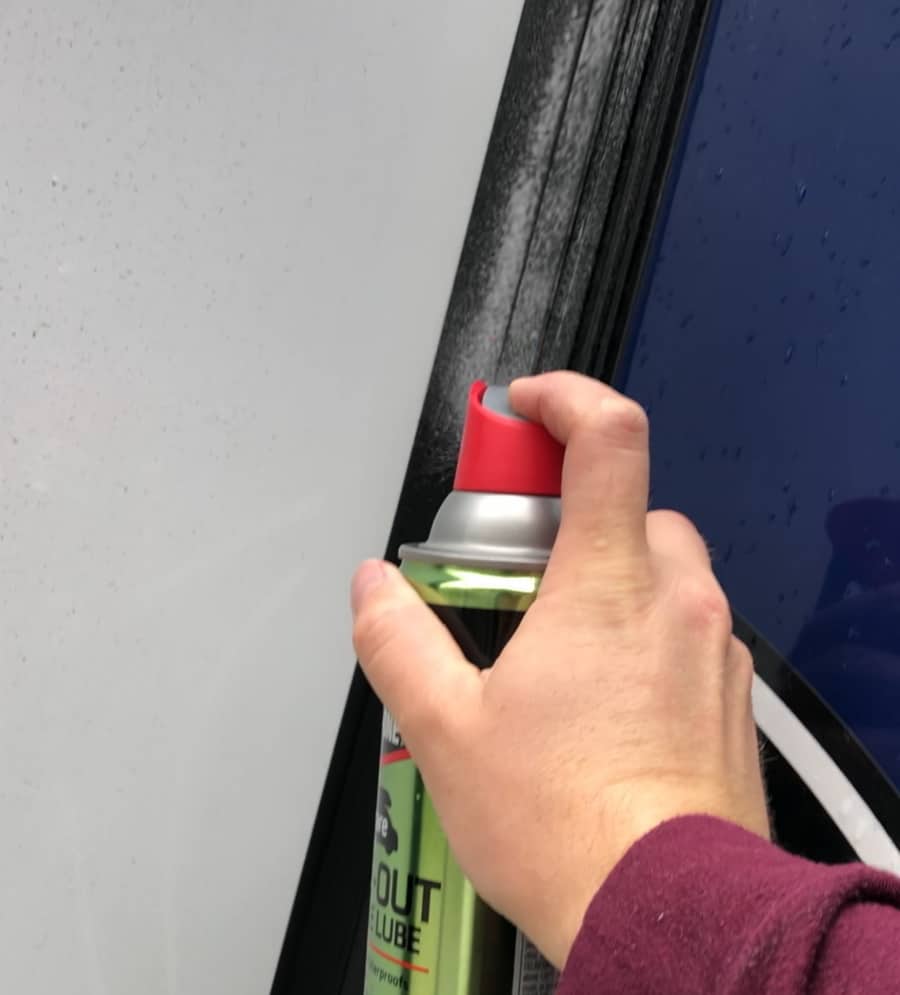
It is possible to prevent damage to the roof by taking exceptional care around turns and when going under any low-hanging obstructions such as tree limbs while pulling into your favorite campsite. Drivers usually have a hard time judging the height of their trailers and can be absent-minded and forget that they are carrying a cargo load in tow at times. It is beneficial to have a co-pilot who can act as a spotter when you encounter any hairy situations.
It is also a good idea to have measurements of the trailer memorized so that you can read signs when you are going to into parking garages or under bridges and ensure that there is plenty of clearance. You may have seen a tractor-trailer stuck under a low-hanging bridge at some point in your life. It can be quite the spectacle.
Another method of preventing damage is by keeping an eye on the seals around any roof penetration and checking the roof every 6 months for damage and leaks. Seals tend to dry-rot or deteriorate after 5 or 6 years. It may start out slowly, but the water will eventually start to wick in and can run along the roof which makes the origins hard to trace. Making sure to lubricate your seals can keep them soft and seal out water for years.
You should also wax your trailer regularly to protect the clear coat gloss that protects the paint from UV damage and discoloration. Some trailers have a white layer of paint which is specifically there to reflect heat and UV radiation as a means of keeping the interior cool and of protecting the trailer from overheating. You can find a roll-on protective sealant to replace this finish when it starts wearing off.
If you inspect the roof and find damages, you should immediately patch the leaks or puncture holes as quickly as possible to prevent mold, mildew, and damage to insulation and electrical wiring. You should also replace or patch window seals and other seals when you find that they are leaking. Punctures can be repaired with a special self-leveling sealant that is dispensed from a caulking gun or a flat roll of tape sealant. Major damage to the roof from an accident may require welding and fabrication by experts to repair it.
How long will a travel trailer roof last?
With proper maintenance, a travel trailer rubber roof should last about 12 years. This is taking into account you patch leaks as soon as you find them, are using a cover on your RV when not in use, as well as adding protective coating to your membrane to extend its life.
Vibration Damage to Travel Trailers
The chief enemy of a travel trailer is the excessive vibration. Because a travel trailer does not have the same style of independent suspension as your car, most of the vibrations will resonate through the trailer itself. This often leads to loose fittings on the frame, seals, axles, wheels, hitch, etc. You will also find that the vibrations can loosen fittings on interior cabinets, appliances, and plumbing. Annually or after any long trips, you may want to retighten cabinet hardware, the frame, slide out hardware, or any items you think may need tightening which could cause further damages from a screw vibrating out.
The most important thing you can do to protect your trailer is to store it out of the weather and direct sunlight when you aren’t using it. Even if you don’t have a garage, you can build some sort of overhang or use a trailer cover to maintain its pristine condition. Also, using tire covers will protect your tires from cracking and excessive damage from the sun.
Other Travel Trailer Weak Links
A travel trailer does not generally have a lot of moving parts that develop wear and tear. Some models are known for having flimsy frames that are easily damaged. The axles, tires, and wheel bearings take the brunt of the weight and mechanical wear.
Tires

Checking the tires involves measuring the treadwear and looking for any signs that the rubber may be dry-rotted or cracking. Always ensure that the tires are properly inflated and at the rated PSI for the weight of the load that you are carrying. Torquing your wheels to the manufacturers specifications should be done before any trip. Here is our favorite torque wrench.
Making sure you are not over loading your trailer axles and tires is also very important. If you are having trouble weighing your trailer, you can usually go to a weigh station or local dump and ask them to use their weight scale. They use this for determining the weight of semi trucks or garbage by often weighing the vehicle carrying it first and then measuring the difference once the cargo is removed.
Batteries
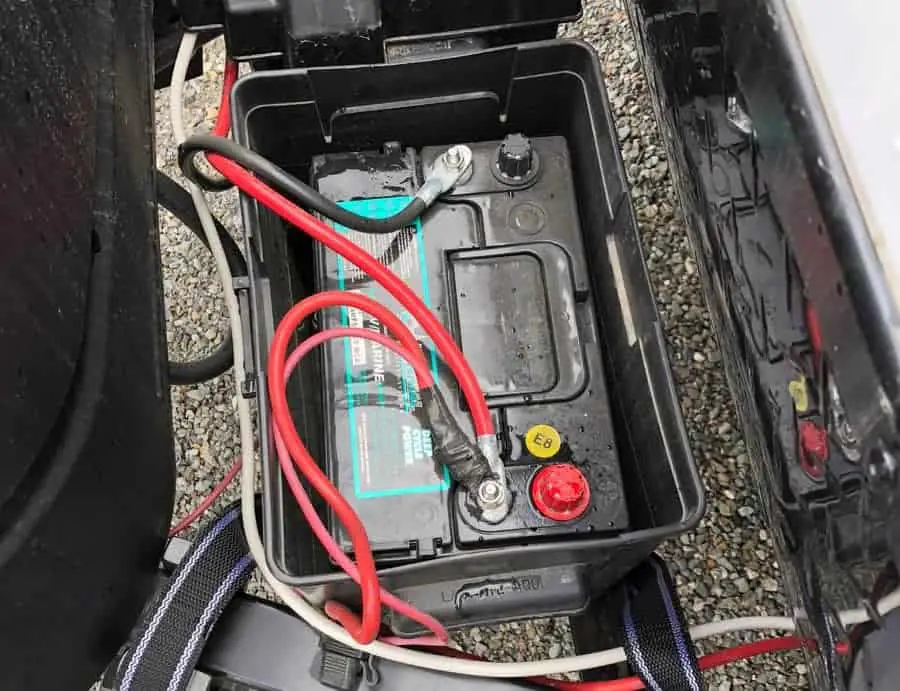
The batteries on travel trailers can be problematic. You may have either marine or deep cycle batteries. You may have one or a series wired together. You should never let the battery lose more than 50 percent of its charge. This will significantly diminish its lifespan. A battery that dips below 20 percent of a full charge is worthless. For this reason, you should remove the negative lead from the terminal whenever the travel trailer is not going to be in use for long periods of time during storage. Instead of removing the negative lead, you can also install a battery shut off switch like the one we have here.
You should also check the electrolyte level because a low electrolyte level is the leading cause for batteries to fail prematurely. However, overfilling it can also kill it. In the winter time, you should always ensure that your battery is fully charged so that the cells don’t freeze. Another wintertime precaution is to remove your batteries and bring them inside your house. Learn more about batteries from our article here. If you want the best battery life, it is best to invest in a deep cycle Lithium-ion battery or series and a 3-stage charger. Also, be sure that your power inverter or solar panel charge controller automatically cut off when the battery is charged to reduce the risk of overcharging them and boiling off electrolyte.
Bearings
The wheel bearings will start howling and making noise when the races become worn over time. You can reduce the chances of premature failure by maintaining lower speeds and having your axle-nuts torqued according to factory recommendations. If you have a pressed in bearing design, you should make sure that it is thoroughly greased. Most new wheels have sealed bearings that cannot have any grease added to them. Friction and heat are the enemy to bearings, so make sure you take care of them.
Axles
Axles can get worn out over time or get damaged on road obstacles. Checking to ensure that your axles are straight and rotating properly ensures a longer life and prevents accidents.
Appliances
Maintaining your appliances means that you have to clean them and ensure that they are functioning properly. The hot water heater, furnace, refrigerator, A/C, converter, electrical, and stove should all be inspected before you put the trailer in storage at the end of the winter and disconnected from the battery. You may find shorted wires, bad insulation, a buildup of minerals in a hot water heater, and worn refrigerator seals that leak. The refrigerator may even start to leak refrigerant.
You should also make a habit of testing the polarity of the hookups at a campsite before plugging in. If you don’t, you can short out all your electrical components. Our favorite surge protector will do this for you.
Conclusion
There are many items that can go wrong and decrease the life of your travel trailer. The roof is the number one item to keep up along with the sides and window seals. After that, keeping up with vibration from towing and normal wear and tear will be the next on your list.
Be the first to be notified about FREE tips, hints, coupon codes, and email-exclusive information. All for FREE!

